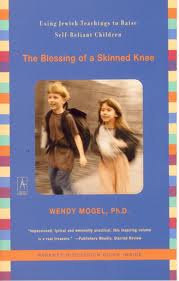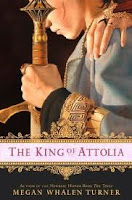Lately I got into habit of reading several novels at once. At this moment, I listen in the car to the sixty-hour audio book of War and Peace, and I read Rachel Hartman’s YA fantasy Seraphina and Robin Hobb’s adult fantasy The Assassin’s Apprentice. All three received great reviews on Goodreads and Amazon, but my enjoyment of them differs. One I love, but I have not lost my heart to the other two.
 |
| The fabulous Audio book of War and Peace |
War and Peace has a clear, over-arching storyline: normal everyday life in Russia, marriage and love are at risk because of the approaching war with Napoleon. I long to know: will Natasha and Boris marry when she grows up? What will be the fate of the little Princess? Will Maria marry rakish Anatole? What will happen to innocent Pierre who just inherited a vast fortune, and to Nikolai, Sonia and Julie. The characters wander through the pages of the novel, busy with their own lives, worried about the war, each contributing a thread to the over-arching story.
The other two novels are well-written, each creating a world that is detail-oriented and believable, filled with interesting, complex characters. And yet I am not living the story or breathing it in like air. To me it seems they are missing an over-arching storyline. I am half way through Hobb’s Assassin’s Apprentice, and I am not sure how the narrator will be affected by the forging, what dangers he will face, or what part he will play. He sits in the castle, taking classes in poisons and riding, and other than one venture into the world, he has not done much at all.
The danger threatening Seraphina of Rachel Hartman’s novel is very real, or so she tells me. And yet I wonder. Seraphina was born, her mother discovered to be a dragon before witnesses, and yet no mob came to lynch her and her father. They escaped town and established a new life under the same names, and no one seems to have ever searched for this man who married a dragon against all the rules or for his half-dragon daughter. Seraphina’s father still lives in fear that they will be discovered, but he already was discovered and yet lives.
I am not yet sure where Seraphina’s story is leading. I think the overarching plot will have something to do with her being half dragon and the tensions between humans and dragons, but I don’t know what this conflict will be. I lack a clear direction, and so I have a harder time merging, mind and soul, into the world of the novel.
When I read, I like to experience what happens as though I am right there in the same room. I like to feel that I know the characters as though they are my friends. Fantasy is usually a great gateway for this kind of reading, and I hope that by the time I reach the ending of Seraphina and The Assassin’s Apprentice I will have found a way in.









